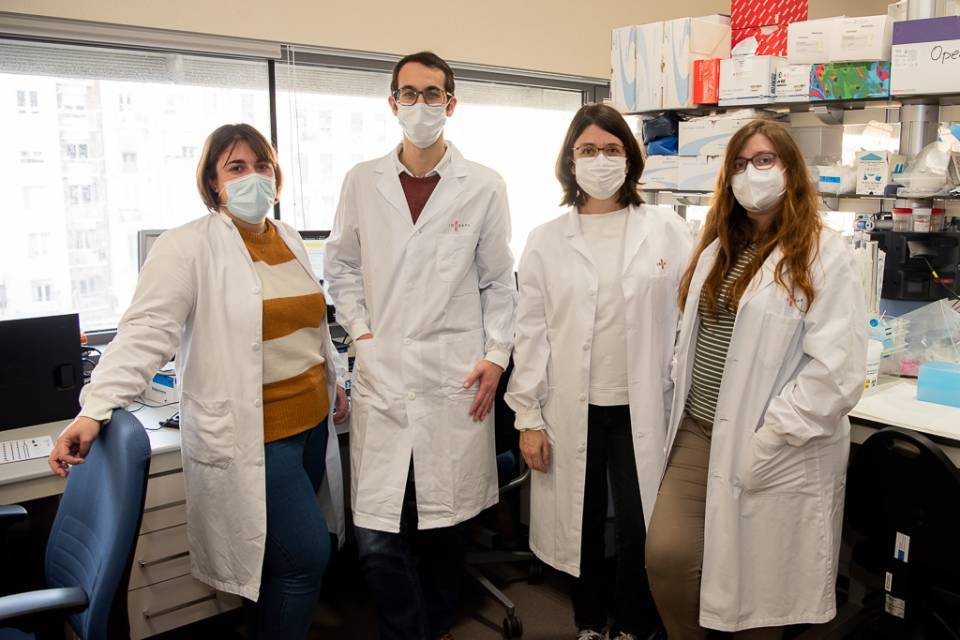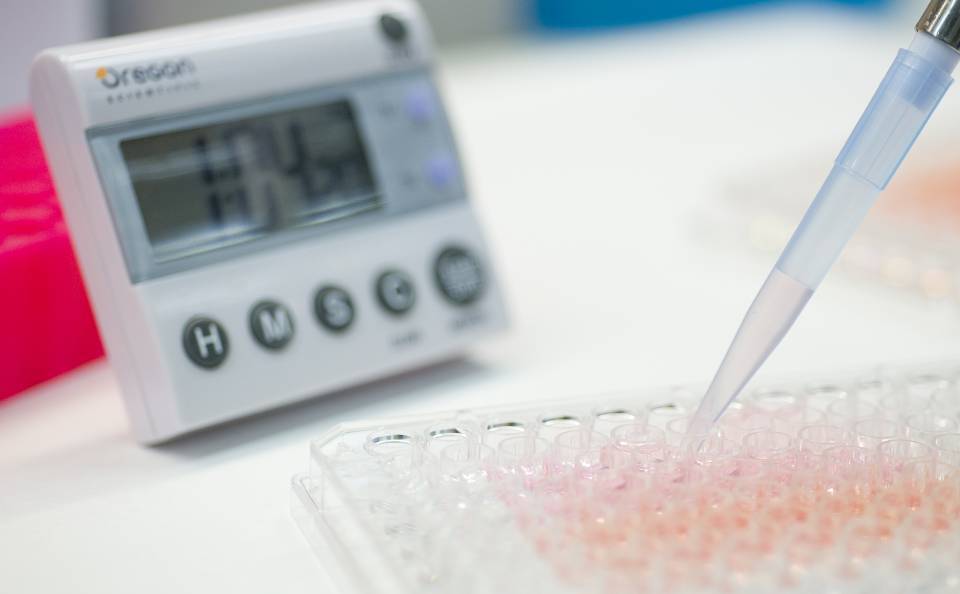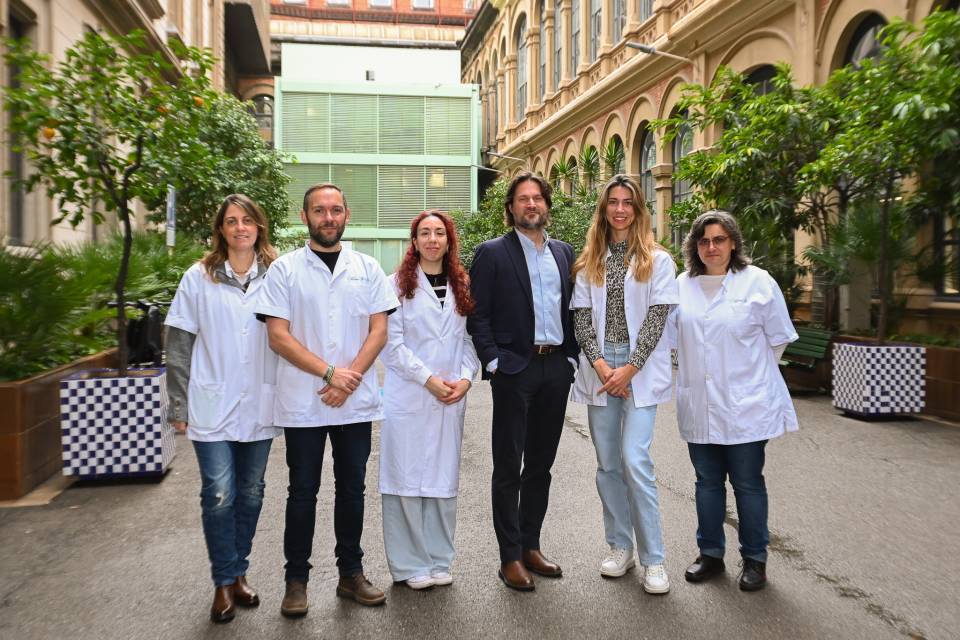The study was led by Lluís Revilla, of the IDIBAPS research group Inflammatory bowel disease and directed and supervised by Azucena Salas of the same group.
Inflammatory bowel disease (IBD) includes two entities: ulcerative colitis and Crohn disease. These are chronic diseases of unknown cause, which produce inflammation of the colon and/or small intestine. They tend to affect young people, aged between 20 and 30 years, although they are also diagnosed in older people. Although the exact cause of IBD is unknown, we do know that different factors are involved in its development, such as a certain genetic predisposition and environmental factors such as diet, stress, and smoking. Part of the microbiota that inhabits the intestine is also thought to play a role in the development of inflammatory bowel disease.
The objective of the research project is to determine all the microorganisms that inhabit the intestine and that are involved in the disease. To this end, a biopsy was performed on the intestinal wall of patients with Crohn disease and both the microorganisms found there and the genes expressed there were analyzed. The study has gone even further, as thanks to a new computational method that has been developed, it was possible to perform this analysis by grouping together patients with similar characteristics. This made it possible to show that patients with Crohn disease with similar characteristics do indeed present similarities in the genes expressed in the intestinal mucosa and in the microbiota that inhabits it. “This study is important because it opens the way to performing analyses on multiple fronts by making use of all the information from the samples, while showing the relationship between the data”, explained Revilla.
Following these results, the researchers aim to confirm in another cohort of patients with IBD the relationship between the genes expressed in the intestinal mucosa and the microbiota living there.
Article reference:
Multi-omic modelling of inflammatory bowel disease with regularized canonical correlation analysis
Lluís Revilla 1 2, Aida Mayorgas 2, Ana M Corraliza 2, Maria C Masamunt 2, Amira Metwaly 3, Dirk Haller 3 4, Eva Tristán 1 5, Anna Carrasco 1 5, Maria Esteve 1 5, Julián Panés 1 2, Elena Ricart 1 2, Juan J Lozano 1, Azucena Salas 2 Affiliations expand PMID: 33556098 DOI: 10.1371/journal.pone.0246367




